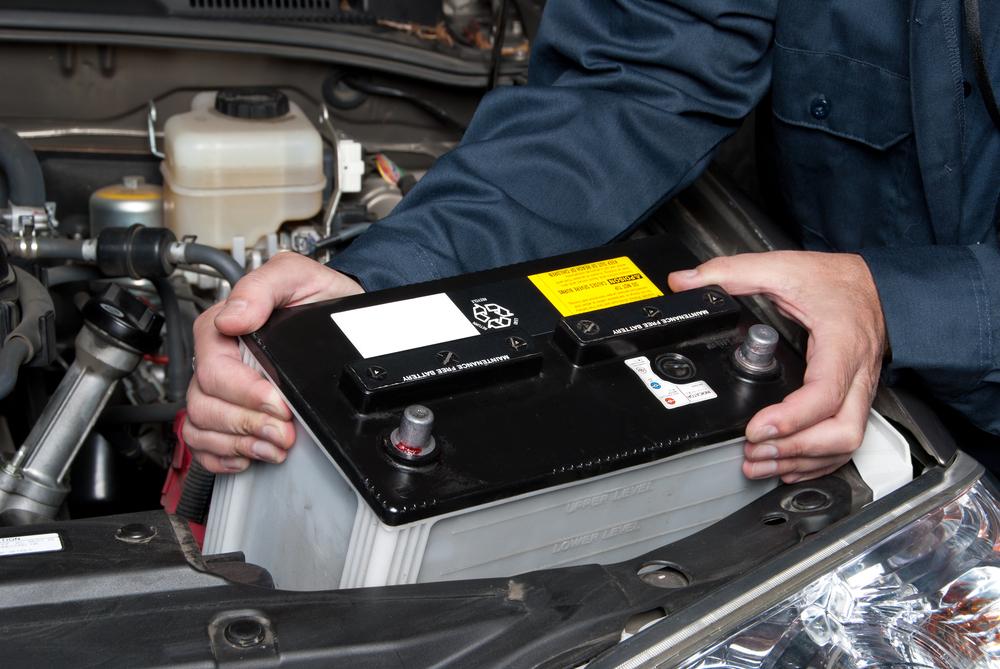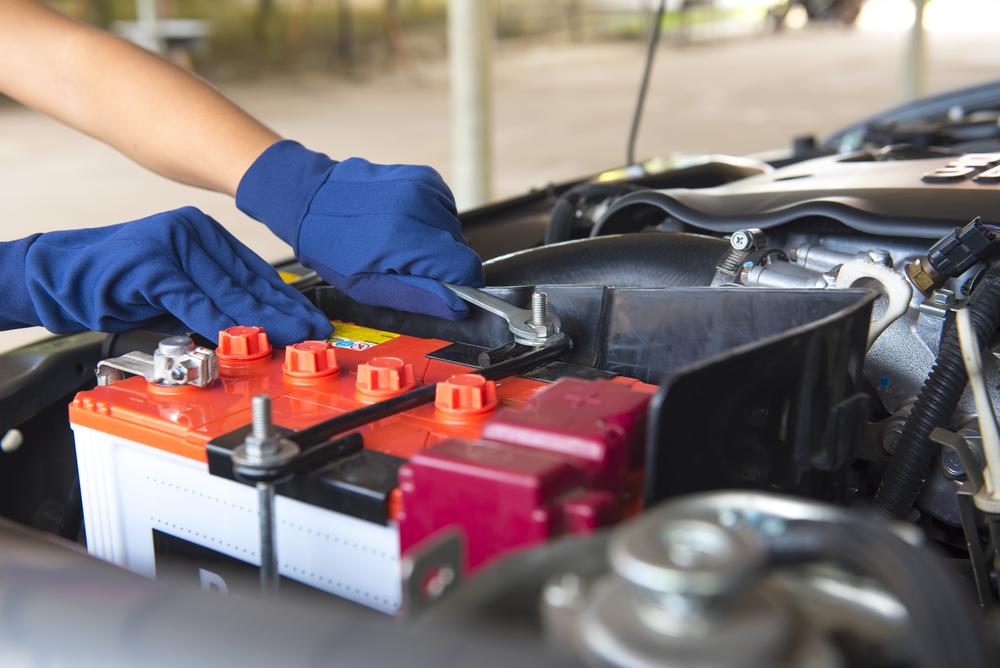Ultimate Guide to Selecting the Ideal Car Battery for Your Vehicle
Discover everything you need to know about choosing the right car battery, from size and capacity to maintenance tips. This comprehensive guide helps vehicle owners make informed decisions to ensure reliable starts, optimal performance, and longer battery life. Learn how to select, maintain, and replace your car battery effectively, avoiding breakdowns and costly repairs.

Ultimate Guide to Selecting the Ideal Car Battery for Your Vehicle
The battery is often considered the heartbeat of your vehicle's electrical system, providing the essential power needed to start the engine and operate numerous electronic components. Despite its importance, many car owners overlook regular battery maintenance and fail to recognize the signs of impending failure. Choosing the right battery, installing it correctly, and understanding when to replace it are crucial steps to ensure your vehicle runs smoothly and reliably. In this comprehensive guide, we will explore every aspect you need to know about selecting, maintaining, and replacing your car battery, helping you avoid unexpected breakdowns and maximize your car's performance.
The Significance of a Good Car Battery
Your vehicle’s battery functions as the power source for starting your engine as well as running electrical systems such as lights, radio, navigation, and more. A reliable battery ensures your car starts effortlessly every time, especially during extreme weather conditions. Neglecting battery health can lead to inconvenient breakdowns, costly repairs, and being stranded at the worst moments. Therefore, understanding the key factors involved in selecting a suitable battery is vital for every vehicle owner.
Understanding Battery Sizes and Specifications
One of the first things to consider when buying a new car battery is the appropriate size and type tailored to your vehicle. Car batteries are categorized into different group sizes, which specify the dimensions, terminal locations, and overall capacity. These are typically listed in the owner’s manual or can be confirmed by consulting with a professional mechanic. Buying a battery that fits snugly without excess movement is critical—vibrations from loose batteries can damage internal components, leading to early failure. Ensuring compatibility not only guarantees proper fitment but also optimal performance.
Importance of Manufacturing Date and Freshness
Battery freshness significantly affects performance and lifespan. When selecting a new battery, always check the manufacturing or build date stamped on the unit. Batteries older than six months may have compromised longevity and reduced reliability. When shopping online, prioritize trusted sellers with transparent return policies and guarantees ensuring the battery's freshness and quality. For example, options like the ExpertPower 12V 7 Amp EXP1270 Rechargeable Lead Acid Battery are popular, reliable choices appreciated for their longevity and performance.
Reserve Capacity and Cold Cranking Amps (CCA)
Beyond size, a critical factor in battery performance is its reserve capacity—the duration it can supply power without the engine running. Higher reserve capacity means the battery can support electrical loads during scenarios such as alternator failure or heavy accessory use. Additionally, Cold Cranking Amps (CCA) measure a battery's ability to start the engine in cold weather. Vehicles operated in colder climates benefit greatly from batteries with higher CCA ratings, ensuring reliable starts even in severe winter conditions. When selecting a battery, consider your local climate and driving conditions to choose a model that offers sufficient reserve and cranking power.
Maintenance and Sealed vs. Unsealed Batteries
Car batteries come in two main types: maintenance-free sealed batteries and traditional (unsealed) batteries that require periodic water refilling. Sealed batteries are more convenient, with no need for manual water addition, making them ideal for most modern vehicles. Unsealed batteries need distilled water topped up periodically to maintain electrolyte levels and optimal function. Regular inspection of terminals and water levels prolongs battery life and ensures consistent performance. Proper maintenance prevents corrosion, improves electrical connection, and extends the overall lifespan of the battery.
Assessing Battery Lifespan and Warranty
On average, car batteries last between 3 to 5 years, depending on usage and environmental factors. When purchasing a new battery, inquire about its expected lifespan and warranty coverage. Longer warranties, often 3 to 4 years, offer peace of mind and free replacement if the battery fails prematurely. Maintaining your battery's terminals clean and ensuring it is securely mounted can help achieve its maximum lifespan. If your current battery shows signs of weakness, such as slow engine starts or dimming lights, it’s wise to replace it proactively, rather than risking sudden failure.
Practical Tips for Battery Maintenance and Replacement
For optimal battery performance, always check terminal connections regularly, ensuring they are clean and tightly secured. Consider scheduling a professional battery test during routine vehicle maintenance. When replacing your battery, follow proper installation procedures, including disconnecting the negative terminal first and reconnecting it last to avoid short circuits. Properly disposing of your old battery at authorized recycling centers is essential to protect the environment. By staying vigilant and proactive, you can prevent unexpected failures and enjoy trouble-free driving for years to come.





